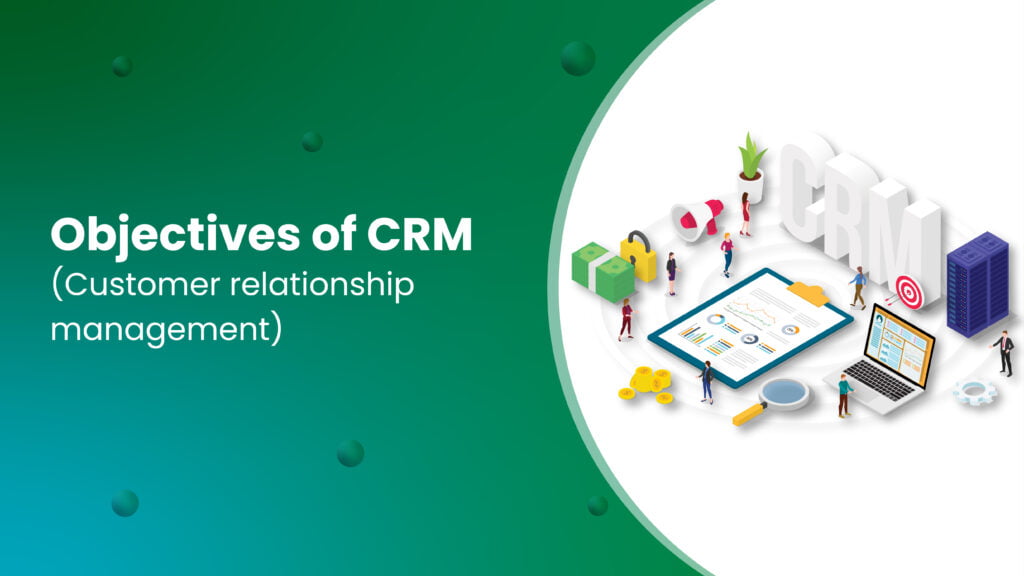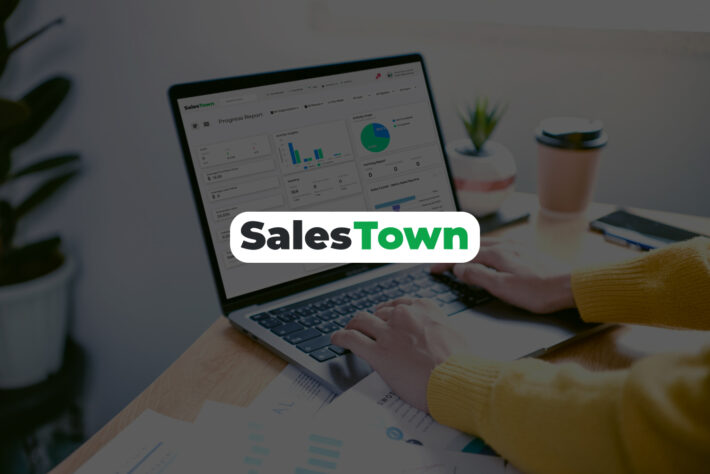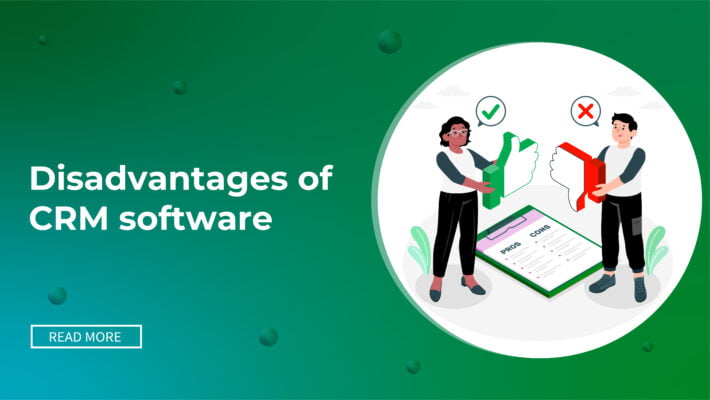Objectives of CRM (Customer relationship management)

CRM, or Customer Relationship Management, is a tool that helps businesses manage their relationships with customers. It organizes all customer information in one place, like contact details, past interactions, and purchase history, making it easy for businesses to stay on top of everything.
In today’s world, CRM is super important because it helps companies connect better with their customers. By using a CRM system, businesses can offer more personalized service, understand what their customers really want, and keep them coming back. In the end, CRM helps businesses build stronger, lasting relationships with their customers, which is crucial for growth.
Understanding the 6 main Objectives of CRM (Customer relationship management)
At its core, CRM is designed to help businesses manage and improve their relationships with customers. The main objectives of a CRM system revolve around building stronger connections, improving customer satisfaction, and boosting overall business performance.
1. Improving Customer Retention
One of the main goals of CRM is to help businesses keep their customers for the long term. CRM tools make this easier by storing all customer information in one place, which helps businesses understand their customers better and respond to their needs more effectively.
A big part of retaining customers is providing personalized communication. CRM systems allow businesses to send targeted messages based on a customer’s preferences, purchase history, or recent interactions. This kind of personalized engagement makes customers feel valued and more likely to stick around.
For example, if a customer hasn’t purchased in a while, a CRM can help a business send a follow-up email with a special offer. This kind of targeted marketing, based on real customer data, makes customers feel understood and encourages them to come back. It’s this level of attention and care that helps businesses keep their customers happy and loyal.
2. Enhancing Customer Satisfaction
CRM systems play a big role in keeping customers happy by ensuring their needs are met quickly and efficiently. With all customer information organized in one place, businesses can easily track interactions, follow up on requests, and solve issues without delay.
Consistency is key to customer satisfaction, and a CRM helps provide that. Whether a customer is interacting with sales, support, or marketing, the CRM keeps everyone on the same page. This means customers receive the same level of service and attention, no matter who they talk to.
3. Streamlining Sales and Marketing Processes
A CRM helps make sales and marketing much simpler by organizing and managing everything in one place. It does a great job of optimizing the sales pipeline by showing exactly where each customer or lead is in the process. This way, sales teams know what to focus on, and nothing falls through the cracks.
Another advantage is how it brings sales and marketing teams together. With everyone sharing the same customer data, it’s easier for marketing to pass on high-quality leads to sales, and for sales to follow up quickly and effectively.
4. Providing Actionable Insights
One of the biggest benefits of a CRM is its ability to give businesses valuable insights through data. CRM systems collect and analyze customer information, which helps businesses make better, more informed decisions. Instead of guessing, companies can rely on real data to guide their strategies.
A CRM tracks customer behavior and trends over time. This means businesses can see what’s working, what isn’t, and how to adjust their approach. For example, if sales are slowing down, a CRM can show exactly where the problem is—whether it’s with lead generation, follow-ups, or customer interest.
To make it even easier, CRMs offer customizable reports and dashboards. These tools allow businesses to monitor key metrics, like sales performance, customer satisfaction, and marketing efforts, all in one place. This way, companies can keep an eye on their growth and quickly act on any opportunities or challenges they spot.
5. Increasing Efficiency through Automation
A CRM helps businesses work more efficiently by automating routine tasks. This means it can handle repetitive work like sending follow-up emails, setting reminders, and managing schedules without manual effort.
By automating these tasks, a CRM reduces the amount of work that needs to be done by hand. This not only saves time but also cuts down on mistakes that can happen when tasks are done manually. For example, instead of remembering to send a thank-you email to every new lead, a CRM can automatically send it as soon as the lead is entered.
Another way CRM boosts efficiency is through task automation and workflow management. It can assign tasks to team members, track their progress, and ensure deadlines are met, all without needing constant supervision. This helps keep everyone organized and focused on more important work, while the CRM handles the routine stuff.
6. Enhancing Customer Experience
A CRM is great at improving the overall customer experience by making sure every interaction feels smooth and consistent. It helps create a seamless journey for customers by keeping track of all their interactions with your business.
With a CRM, businesses can see every touchpoint a customer has had, whether it’s an email, a call, or a purchase. This means that no matter who in your company is dealing with the customer, they can access the same information and provide a consistent experience.
Alright, let’s wrap this up
So, we’ve gone through the main goals of using a CRM system. It’s all about keeping your customers happy, making your business run smoother, and helping you grow.
with a good CRM, you’re not just guessing what your customers want. You’re actually getting to know them better and giving them what they need. That’s how you keep them coming back for more. And it’s not just about today or tomorrow. Using a CRM is like planting seeds for your business. Over time, you’ll see your customer relationships grow stronger, your team working better together, and your business getting smarter with every decision.
So, here’s the deal: if you’re serious about taking your business to the next level, it’s time to get on board with a Sales CRM system. It’s not just some fancy tech – it’s a real game-changer that can help you build the kind of business you’ve always wanted.
Don’t just sit there wondering “what if?” 👉 Schedule a call. Your future self (and your customers) will thank you for it. Trust me, once you see what a good CRM can do, you’ll wonder how you ever managed without it.


